Traditionally, Thanksgiving is a holiday dedicated to harvesting, and as such it has been celebrated in the United States since 1789, with George Washington being the first to acknowledge it on November 26th by calling it the “Day of Publick Thanksgiving”.
As it is widely known, Thanksgiving refers to the first successful harvest, made by the Pilgrims upon their settling on the coast of Plymouth in 1621, when their fate in the “New World” depended on the crops which saved them from starvation.
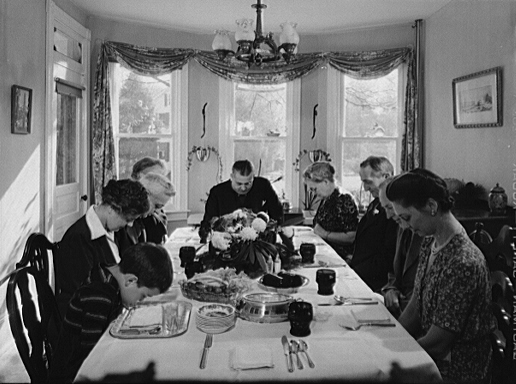
Although the holiday itself dates from the times of the Founding Fathers, the annual celebration was interrupted during the presidency of Thomas Jefferson and was re-established during Abraham Lincoln in 1863.
Lincoln proclaimed Thanksgiving a federal holiday in the midst of the Civil War and declared every last Thursday of the November to be celebrated as Thanksgiving Day, regardless of the date.
However, as the 20th century brought huge changes to American society, the position of the holiday was once again jeopardized.

In the wake of his presidency, Franklin Delano Roosevelt was faced with a serious issue dragging from his predecessor, Herbert Hoover.
Both Hoover and Roosevelt had fought during their terms with the aftermath of the Wall Street Crash of 1929, and the ensuing Great Depression and both of them were asked to tamper with the date previously set up by Lincoln.
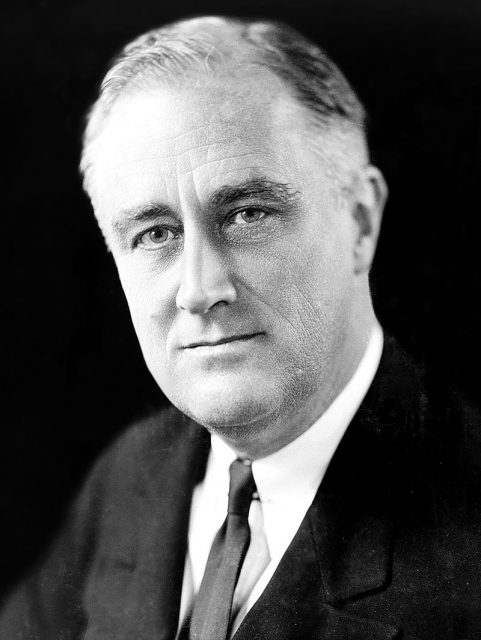
Hoover had already denied the 1929 notion of changing the day of the celebration from Thursday to Friday, so it could be merged with the weekend, but Roosevelt received more pressure, in his case regarding the holiday as a direct stimulus to the economy.
In 1933, the month of November had five Thursdays instead of four. Naturally, since it was agreed that the last Thursday of the month is Thanksgiving Day, this meant that it would fall on November 30th as this was the fifth and last Thursday of the month in 1933.
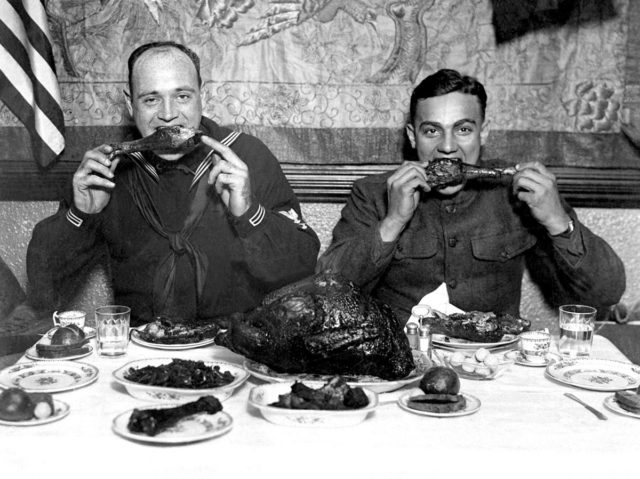
However, various chambers of commerce, like the Downtown Association of Los Angeles, urged the President to push back the holiday, in order to prolong the shopping season between Thanksgiving and Christmas.
Although it was an idea worth thinking about, Roosevelt decided not to follow through. Apparently, he didn’t want to involve the hardships of the Great Depression into the tradition of Thanksgiving, implying that the commercial value of the holiday was more important than the spiritual one.
But since his presidency lasted throughout the 1930s, and well into the Second World War, when he was once again faced with a year with five Thursdays, FDR saw it as an opportunity to make amends with powerful business owners of the United States.
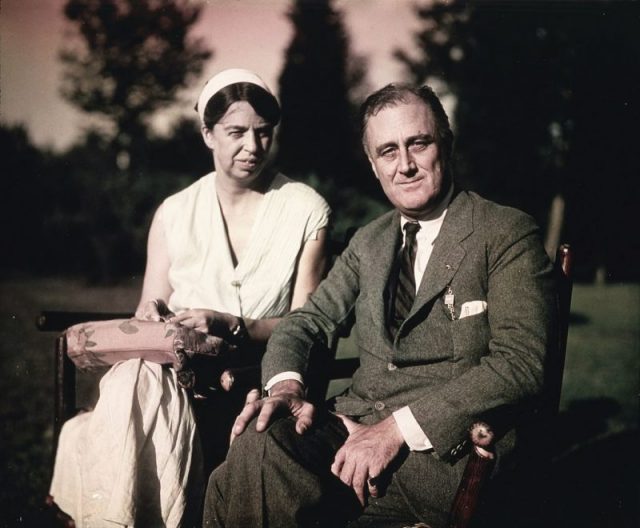
It was in 1939, and by that time, the country’s economy had already been somewhat replenished by Roosevelt’s “New Deal” policy.
The President once again received a proposition from business leaders across the country to arrange that Thanksgiving Day takes place on the fourth week of November, once again to provide the Christmas shopping season with another week extra.
As the country was officially out of an economic crisis, Roosevelt considered the move to be far less controversial than before and decided to give in to the lobbyists.
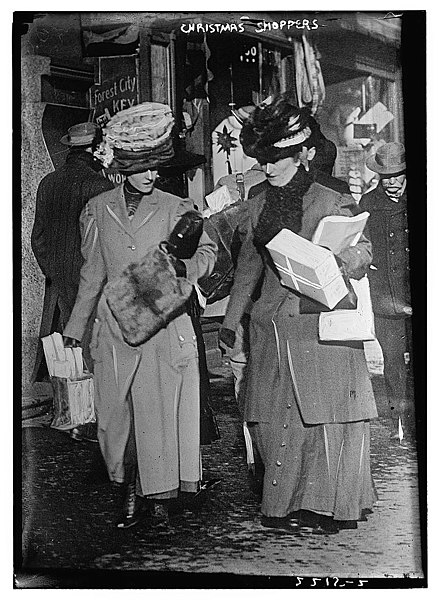
To his great surprise, his decision was met with serious backlash, flooding the White House mailbox with letters of discontent. Among many, perhaps the most notable is the one written by Shelby O. Bennet who decided to state his dissatisfaction in a rather funny and ironic manner.
The letter addressed to the President includes propositions to “Have Sunday changed to Wednesday”, “Have Mondays to be Christmas”, as well as to “Require everyone to take Friday and Saturday off for a fishing trip down the Potomac”.
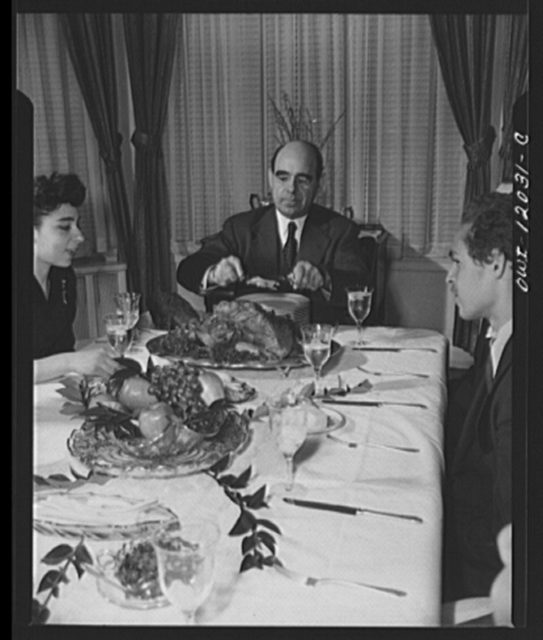
It also sparked a nationwide division regarding the date of the holiday, as some governors of states decided to ignore the decision and keep Thanksgiving Day as usual, on the last Thursday of November.
Republicans considered the change of dates an insult to Lincoln, renaming the holiday to “Franksgiving”, in order to mock Roosevelt.
Since this decision was not legally binding, 22 states in total refused to follow through with the date change. The State of Texas, on the other hand, couldn’t agree on either of the options and decided to acknowledge both the last Thursday of the November, as well as the one before it as Thanksgiving Day.
It took two years before Congress passed a law which finally settled the debate.
On 26th of November, 1941, on the exact same date, as it was first proclaimed 152 years earlier by George Washington, a law was enforced which dictated that Thanksgiving Day was always to be held on the last Thursday of November, thus restoring the tradition introduced by Abraham Lincoln.
